As part of NYC's Greener, Greater Building Plan, Local Law 87/09 requires building owners to have an energy audit conducted on their base-building systems, undertake energy-efficient maintenance practices as part of retro-commissioning, and file an Energy Efficiency Report (EER) with the New York City Department of Buildings (DOB) every 10 years.
The Energy Efficiency Report provides an analysis of how efficiently a building’s systems and envelope are performing, and identifies energy conservation measures to reduce overall energy consumption.
The NYC Department of Buildings announced that EERs must be submitted to the DOB by a registered design professional beginning January 1, 2022 — designating the job to either a Registered Architect (RA) or Professional Engineer (PE). Registered energy auditors and retro-commissioning agents who are not registered design professionals may continue to submit an EER to DOB until their registrations expire, or until December 31, 2021, whichever is earlier. Registrations will not be renewed after expiration.
Properties That Must Comply with EER Requirements:
A tax lot containing two or more buildings that, together, exceed 100,000 gross square feet.
Two or more buildings held in a condominium form of ownership that, together, are larger than 100,000 gross square feet.
The year a building has to file its EER corresponds to the last digit of its block number, and repeats every 10 years. For example, if the building's tax block number ends in 2, the EER report is due by the end of 2022 with the next compliance due in 2032. Building owners who fail to file an EER with the DOB face penalties of $3,000 the first year and $5,000 for each additional year until the report is properly submitted.
Founded in 1987, RAND Engineering & Architecture, DPC is a 105-person New York City firm that designs, specifies, and administers programs for repair, upgrade, restoration, and adaptive re-use of residential, commercial, institutional, and retail properties.



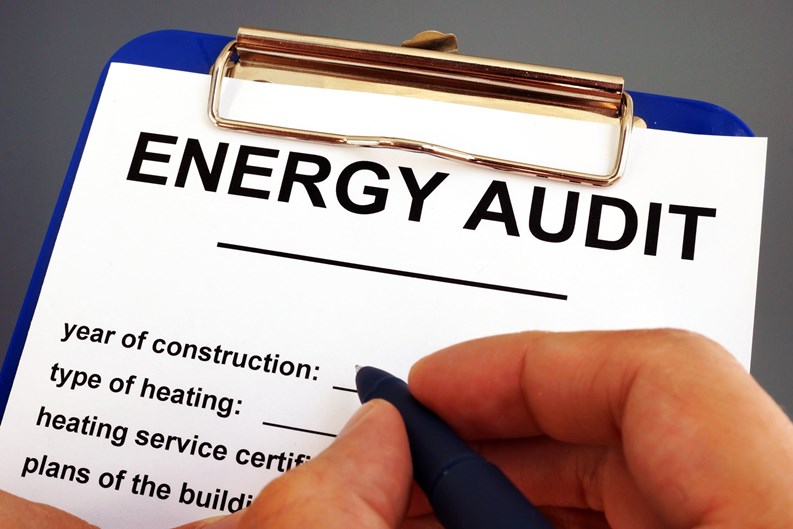
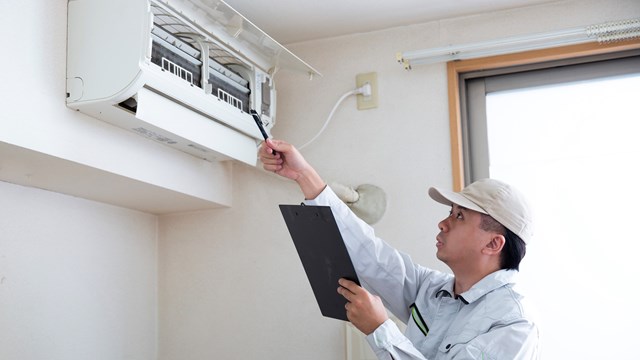

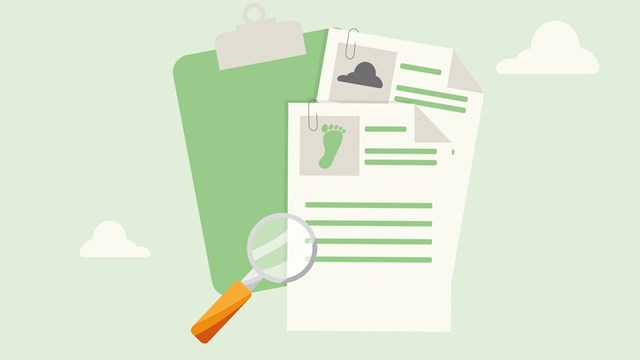
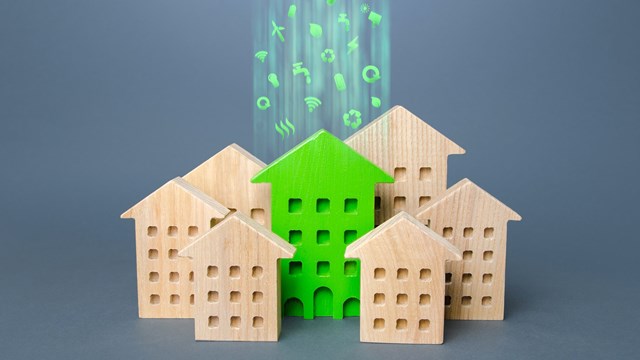

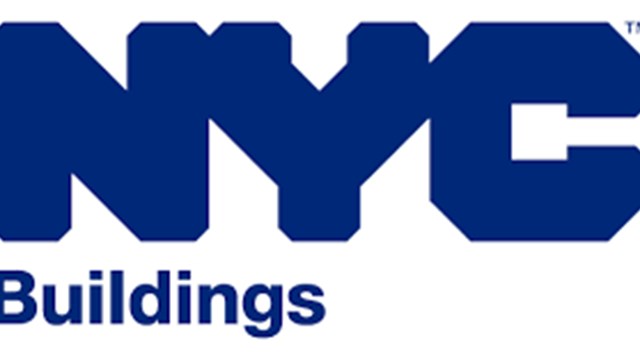
Leave a Comment